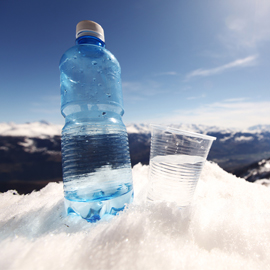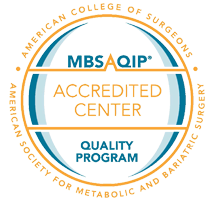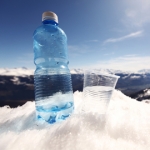 Counting calories and working out aren’t the only two things that will impact your health. Getting weight loss surgery in Utah will open the door to a world of healthier habits that you will need to incorporate into your regular routine. This will include everything from getting eight hours of sleep each night to managing stress more effectively. At the very top of your new health priorities will be the need to drink plenty of water and stay properly hydrated, and there are several strategies you can use to do just that.
Counting calories and working out aren’t the only two things that will impact your health. Getting weight loss surgery in Utah will open the door to a world of healthier habits that you will need to incorporate into your regular routine. This will include everything from getting eight hours of sleep each night to managing stress more effectively. At the very top of your new health priorities will be the need to drink plenty of water and stay properly hydrated, and there are several strategies you can use to do just that.
Drinking water shouldn’t be new to you. This is something we all do and have done our whole lives, though some of us perhaps not as diligently as others. Our bodies need water for survival. We rely on water to function, but more often than not water is replaced with sugary counterparts that, while thirst-quenching, don’t quite give the body what it needs in the same way as a big cup of fresh water.
When you imagine athletes drinking water, you probably picture them standing straight up, heads tilted back and water bottles in hand as ounces of water pour into their mouths from overhead. This is not the ideal way to drink your water, especially after weight loss surgery. Your water consumption will have to be more regular and paced.
Here are a few tips for staying hydrated after weight loss surgery:
- Carry a water bottle with you at all times so that you can sip on it throughout the day.
- Measure your water intake by using water bottles that have ounce measurements marked.
- Drink only a few ounces of water at a time.
- Take small sips. Do not gulp large quantities of water at once, as this can fill your reduced stomach pouch too quickly and cause discomfort.
- Set a timer to remind yourself to drink water at least once every hour.
Your fluid consumption doesn’t need to be constricted to just water, but water should be the primary drink of choice. Other healthy low-calorie drink options include things like decaffeinated tea and coffee and some low-calorie protein drinks.


